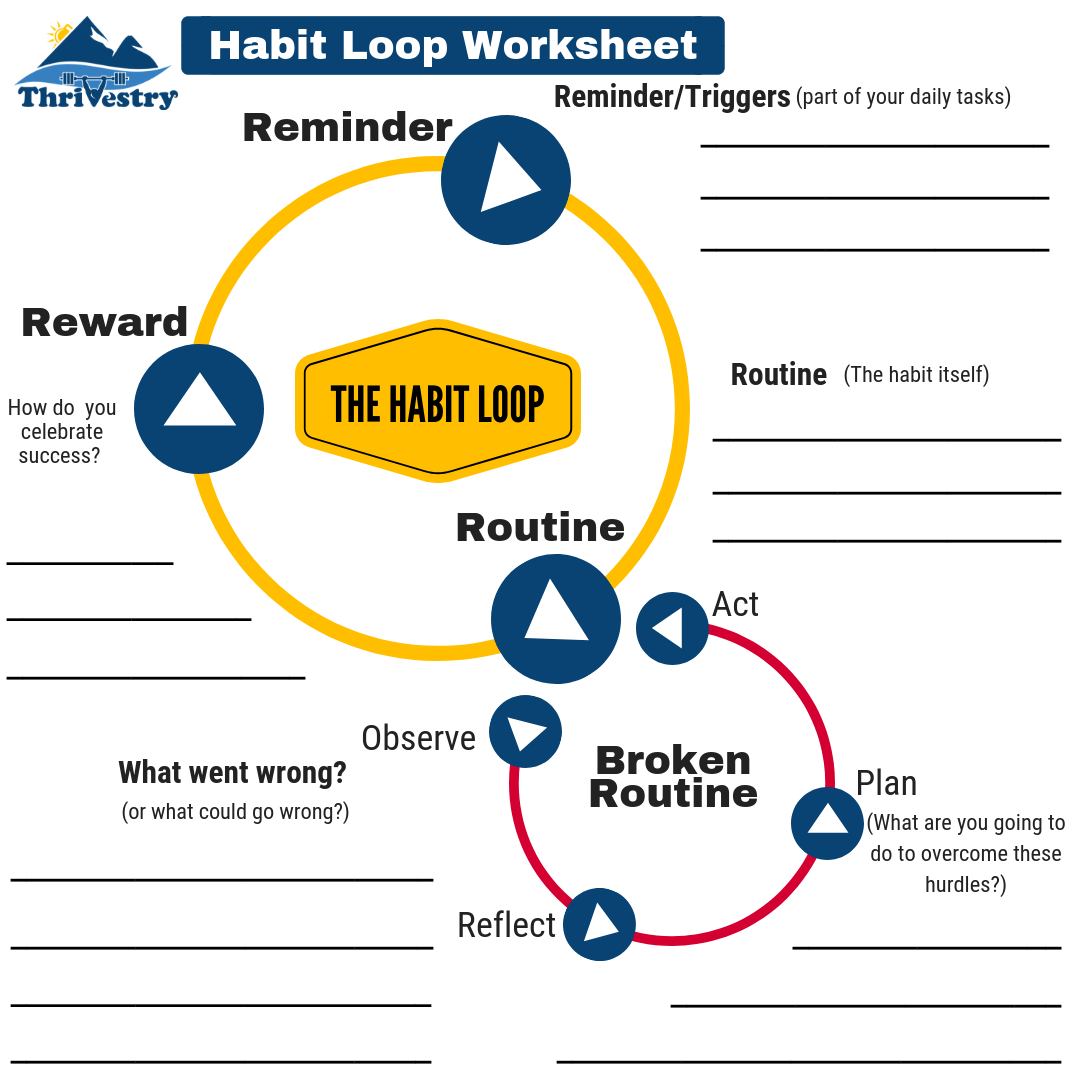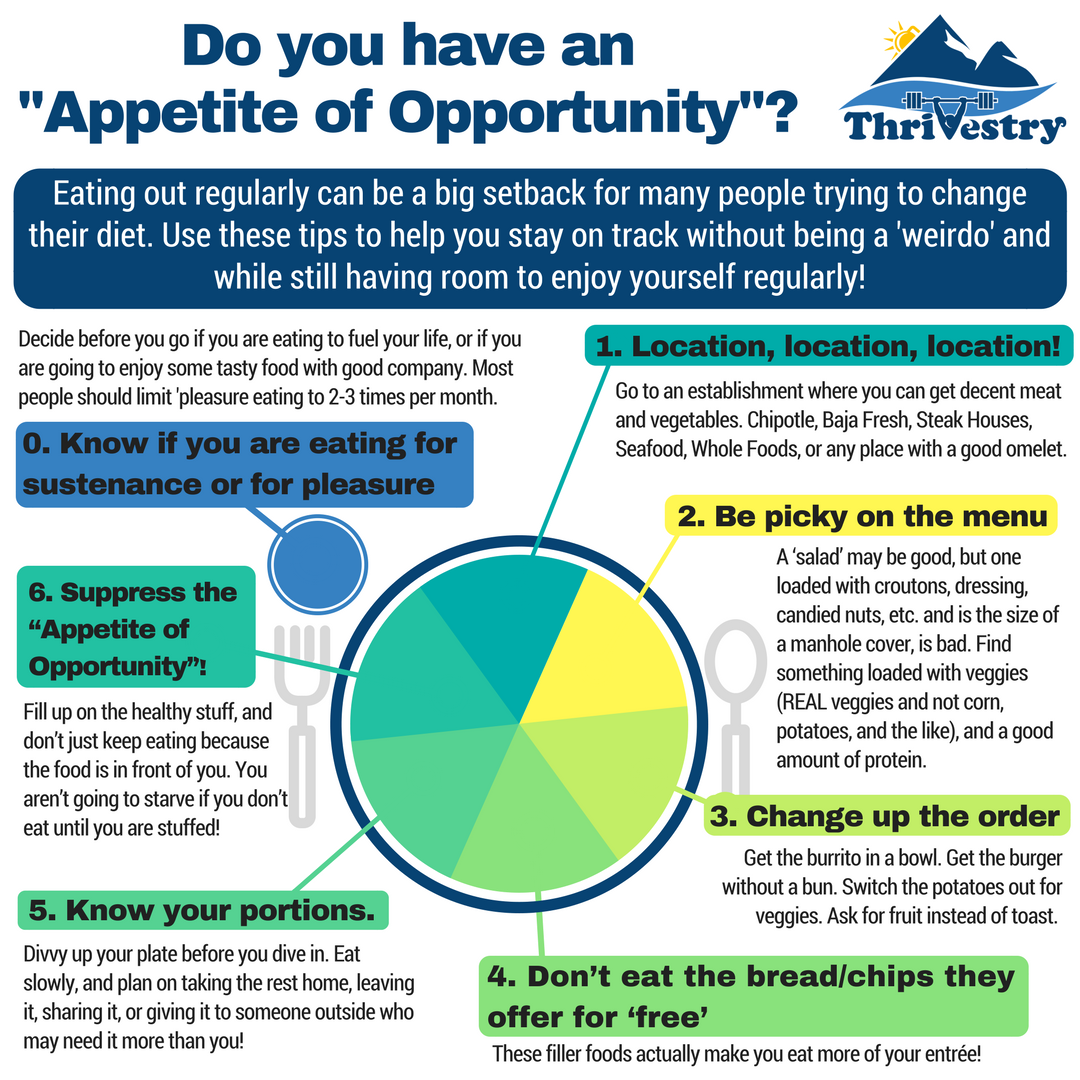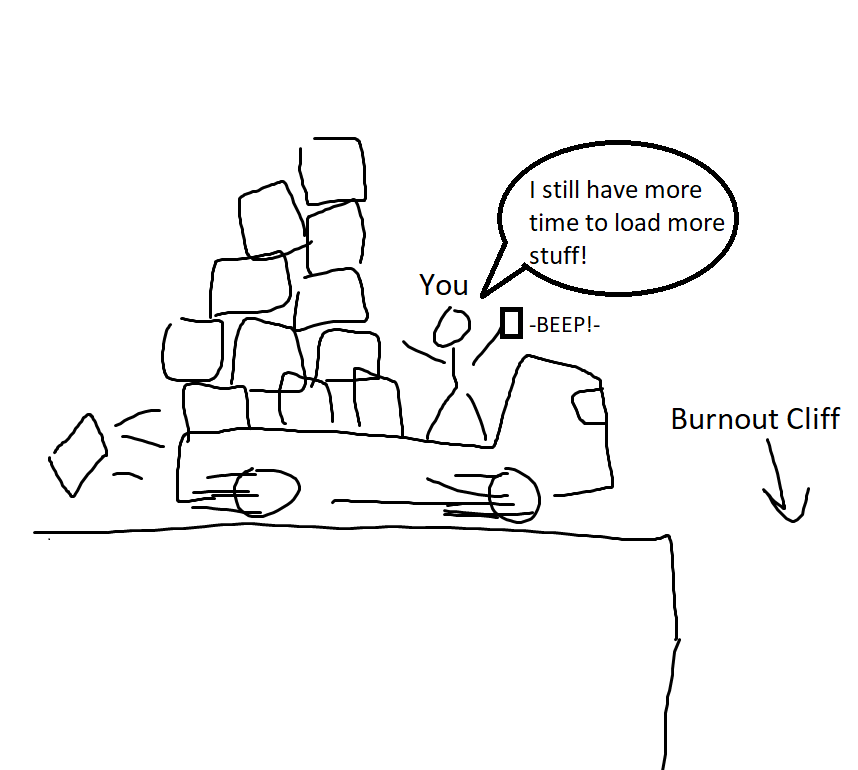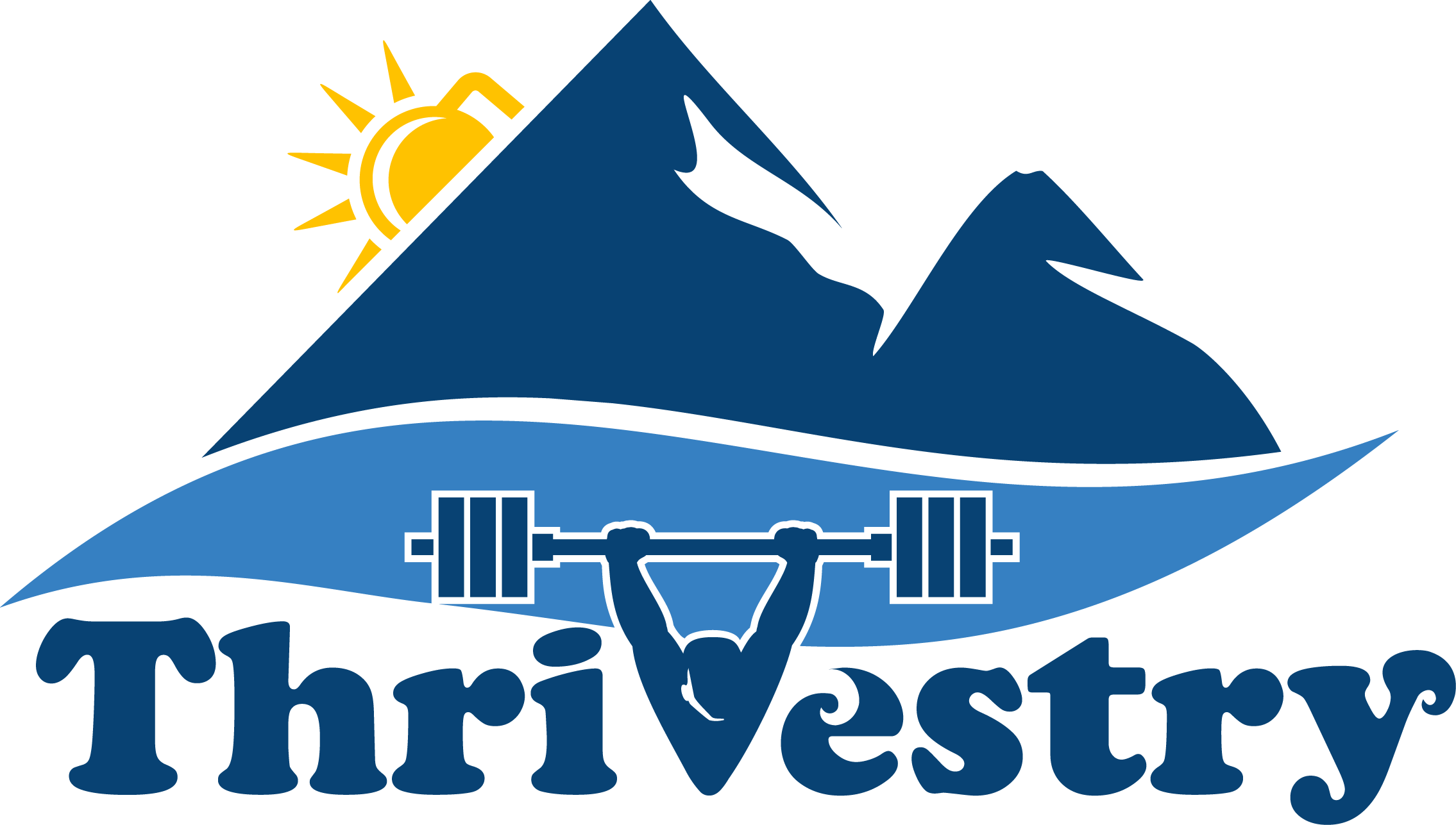"The Transition" a Tool For Getting Things Done and Building Habits
There is a moment in time that happens hundreds of times per day, and you never think about it.
There is no way to avoid it. Your life will be filled with them until you die.
We can use these moments to help us be more productive and build better habits.
There are 3 steps, they are:
No. Right. Now.
When it comes to changing behavior, we are always battling with the momentum of our lives. Without deliberate thought, we will always default to what we have done in the past, and the longer we have done something, the harder it will be to change to something else.
If you have driven home from work and immediately turned on the television for 10 years, it will be hard to break that habit. If you have always woken up, and immediately looked at your phone for the last 5 years, you may break out into a sweat if you think about skipping this in the morning.
Even with years of reinforcement, we can use a frequent moment throughout our days to build new habits.
The opportunity, the tool, we are going to use is called “The Transition.”
Any time we shift gears, any time a significant event happens, is a transition.
Waking up, getting to work, opening our email… these are all transition points.
Any time we transition between activities, we have the chance to make a change. The key is to notice these opportunities, and to make a deliberate choice to do something other than our natural inkling.
The framework to implement The Transition is called “No. Right. Now.” (originally posted about here)
No.
The way it works is simple.
During the transition, we must interrupt our pre-programming by saying “No”. Just say no to whatever was about to happen and step back to make a conscious choice about what happens next. If you want to check Facebook, say NO. If someone asks for a few minutes of your time, say NO. If your computer pings you to notify you that you have a new message, say NO.
The key is to wake up your conscious brain and to interrupt the pattern. We want the part of the brain that strategizes and plans to jump in.
Right.
The next thing is to decide on, is what the ‘Right’ thing is to do next. You probably know what you should do, it won’t take a lot of deliberation. It is probably something that you have been trying to get done for a while. Eating healthier, getting to the gym, getting more work done, etc. I could also be something that you have been putting off (starting that project, doing a ‘chore’, etc.).
The critical part is to figure out what is ‘right’ for that moment, and not just the most urgent. Urgent things may seem important, but they aren’t always what is best for us long term. Checking to see if your colleague responded to your email may feel ‘urgent’, but finishing what you were working on is probably more important. On the flip side, eating healthy or going to the gym is important, but rarely urgent. Train yourself to choose importance over urgency.
To further combat procrastination, do not consider the entirety of the task if it is overwhelming. Think about the most minuscule starting steps, and begin there immediately (opening the file for the project, putting on your workout clothes, writing the first sentence, getting into the car to go to the grocery store, etc.). Because our subconscious doesn't like to leave things unfinished, just starting can be the key to getting the whole thing done.
Now.
Start doing the important thing, the new routine, starting the chore, building the habit, RIGHT NOW. Not after you have scanned Facebook or Instagram. Not after you have turned on the TV. Do it right away! Do it before you have time to think, or find an excuse.
This procedure jives with what we know about the ‘habit loop’.
The habit loop starts with a stimulus or trigger, then we follow the routine, then we get the reward. By hijacking the normal transitions that we must go through each day, we can wake up our brains to help us make a better decision. We can do the ‘right’ thing and not just the ‘normal’ thing that happens without thought.

Make it Stick
To make these new habits stick even better, figure out ways to acknowledge your progress or reward yourself. Finished typing that long email you’ve been putting off? Reward yourself with a nice walk outside and remind yourself how it feels to get it done (maybe even check it off the ‘to do’ list). Stay focused for a few hours without checking social media? Reward yourself with a 20 min (timed) Facebook session. Avoid eating that mindless snack right when you walk in the door? Go take a hot bath and read that novel for a while. Drive to the gym instead of going straight home? Treat yourself to a nice home cooked steak or some episodes from your favorite Netflix show.
The closer in time the reward is to the ‘right’ routine, the better the reward will reinforce the new behavior. It doesn’t have to be related to the behavior itself, but it should to be something that will make you feel good or something that you can look forward to.
Now?
Start using this new tool immediately.
After you finish this article (and share it of course), stop what you were about to do (tell yourself “NO”). Ask yourself what is the best thing, the important thing, that you need to do right in this moment (“Right”). And then do it right “Now” (“Now”).
You are going to find yourself doing this many times throughout the day. At times it will be difficult to make some of the changes, but you will get better with practice (and good rewards).
“Great things are done by a series of small things brought together.” - Vincent Van Gogh
Thrive on.
-jj
Please share this if you found it useful or if you think it might help someone else.
Here are a few other things you may find interesting:
Do you have an “Appetite of Opportunity”? (Strategies for Sustenance outside of the home)

One of the key things we know about sustainable good eating habits, is that ‘failing to plan is planning to fail’. In this article, I’d like to talk about having a plan for when you are going out to eat.
Time, Parkinson's Law, and Getting Your Life Back

Why do we seem to have less and less time? Why are we always tired or burned out? What can we DO about it!?

0 comments
Leave a comment